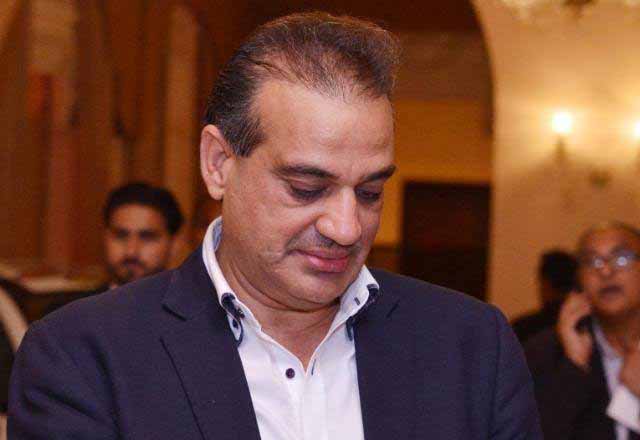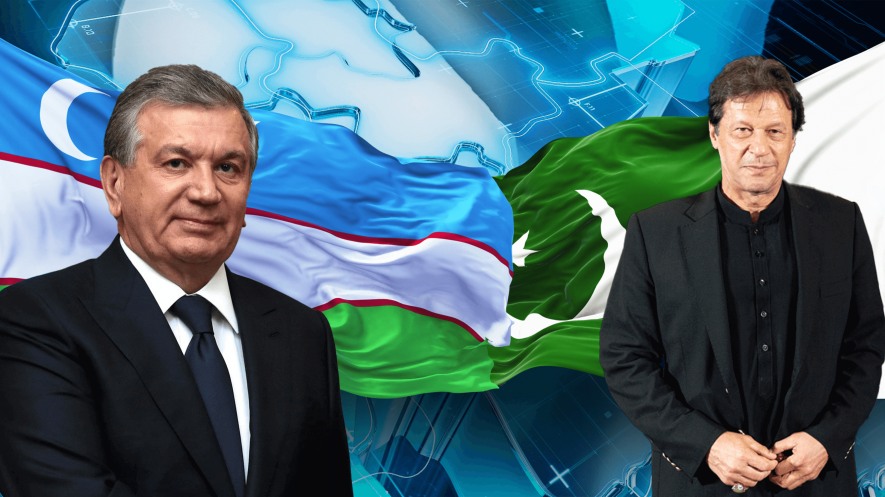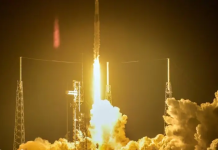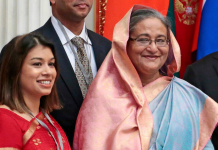The conference indeed provided both Pakistan and Uzbekistan to comer further close to each other. The agreement to form the strategic partnership, of course, is a landmark step in terms of strengthening and deepening bilateral relations
Ansar Mahmood Bhatti

TASHKENT: The good thing with the new Uzbekistan is that it gives you an absolutely new look whenever you visit this fast emerging economy. The country can surely be proud of being a house of the vibrant peoples and thriving business and touristic hub. A few years ago perhaps nobody could predict that Uzbekistan would acquire strategic and regional importance within a short span of time. This great Central Asian country started making strides towards progress and development when the incumbent President Shavkat Mirziyoyev took charge of the office. They way President Shavkat carried forward the futuristic policies of the founding President late Islam Karimov, is ostensibly unparalleled. It is because of the visionary leadership that Uzbekistan now stands out prominently among the comity of nations. Internally, the country has seen colossal developmental activities. The infrastructure has been streamlined on modern lines while the living standard of people has also been improved albeit in the remote areas people may not have access to all facilities but the good thing is that the government is fully aware of this fact and therefore zealously working to bring those areas at par with the developed ones, sooner rather than later.
When I talked to people on streets, cafes; working places and even students, everybody seemed satisfied with the way the incumbent President had been running the country. I met a middle-age man, in a café, who had never exercised his voting right, but this time he was all agog to cast his vote for President Shavkat as according to him the President had changed the lot of the country and people as well. He admitted, the government was faced with challenges also but what made him optimistic that ultimately all such challenges shall be scaled, was the personality of the President. He said he had no doubt that the President will win the upcoming Presidential elections to be held in October this year, simply because Uzbeks cannot have a better choice than President Shavkat Mirziyoye.
The holding of the Central Asia and South Asia Conference in Tashkent was yet another feather in the cap of the Uzbek government. Participation of over 40 countries and that too at the highest level unequivocally speaks volumes for the dynamic and robust foreign policy of Uzbekistan. The demand for conceptualizing foreign policy is due to the high dynamics of transformation of Uzbekistan, the transition to a new stage in the formation of a democratic rule of law with a developed market economy. Without exaggeration it is worth noting that the foundation of a new era of the Renaissance is being laid in the country, requiring qualitatively new approaches in the foreign policy. In a word, Uzbekistan’s foreign policy interests are based primarily on the priorities of internal development, which actually means an obvious shift towards the economization of the country’s international cooperation and the strengthening of economic pragmatism in external relations.
The CA&SA conference was a clear manifestation of this approach. It not only earned laurels for the President at home but abroad as well. The presence of Prime Minister of Pakistan Imran Khan and other leaders undoubtedly contributed greatly towards the success of the conference. In the new scenario that has emerged after the withdrawal of US troops, it is up to the neighboring countries now to join hands in order to ensure regional peace and stability. While all the stakeholders remain committed to achieving this goal, President Ghani of Afghanistan still seems to be obsessed with his pro-India posture, which he clearly manifested during his speech at the conference by propagating the Indian narrative. Those who are privy to the latest developments in Afghanistan believe the days of Ashraf Ghani’s rule are almost over. He has no future in Afghanistan if he continues to pursue a belligerent approach and does not engage with Taliban.
Summing up, the conference indeed provided both Pakistan and Uzbekistan to comer further close to each other. The agreement to form the strategic partnership, of course, is a landmark step in terms of strengthening and deepening bilateral relations. Pakistan, on its part, is very keen to expand and promote ties with the Central Asian states and the CARs too have a candid understanding that how their engagement with Pakistan and other regional countries including Afghanistan, can help them in reinforcing their economies. It is ostensibly a win-win situation for all. But having said that, peace in Afghanistan holds the key to regional connectivity and stability therefore the neighboring countries must utilize all channels to ensure peace in Afghanistan if they really want their initiatives to see light of the day.

















